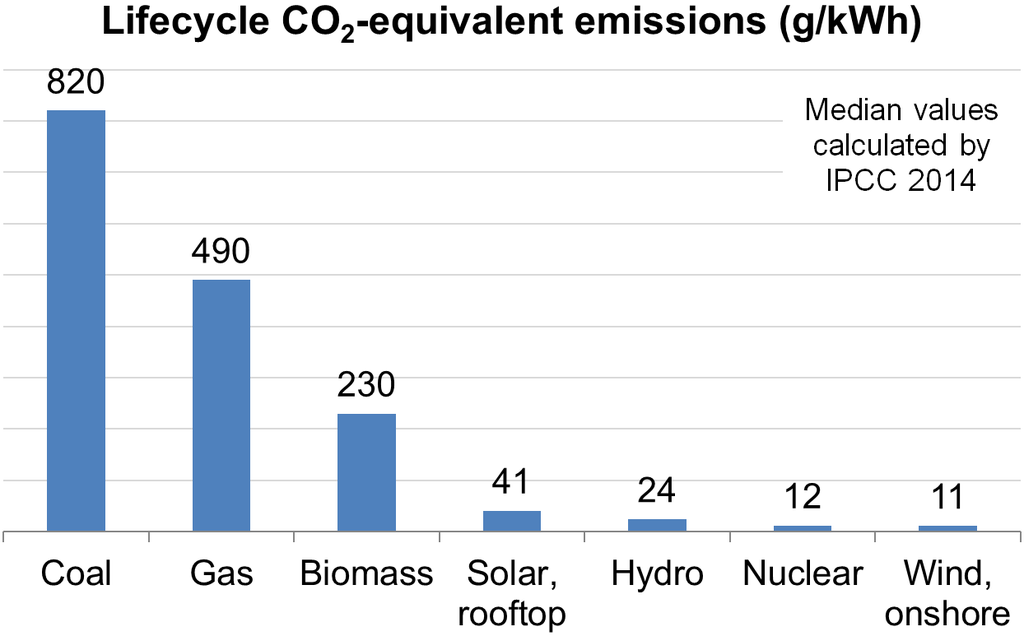Following on from discussions with @aveatry on other threads, I thought this issue deserved its own thread. Hydroelectricity is by far the largest renewable globally, and thousands of new projects are planned. But recently there have been growing concerns about the amount of greenhouse gases they release, which in some cases, especially in tropical climates, might actually be more than fossil fuelled electricity.
Anyway, here is a fascinating recent article which discusses very simply, but also with a good amount of detail, the four mechanisms by which hydropower can release greenhouse gases. It then goes on to discuss how good design can mitigate some of these releases.
.png)
.png) www.hydropower.org
www.hydropower.org
Anyway, here is a fascinating recent article which discusses very simply, but also with a good amount of detail, the four mechanisms by which hydropower can release greenhouse gases. It then goes on to discuss how good design can mitigate some of these releases.
Degassing is one of four emissions pathways associated to reservoirs. The other three include CH4 bubbling, CO2 diffusion and CH4 diffusion.
.png)
Carbon emissions from hydropower reservoirs: facts and myths
Last edited:



